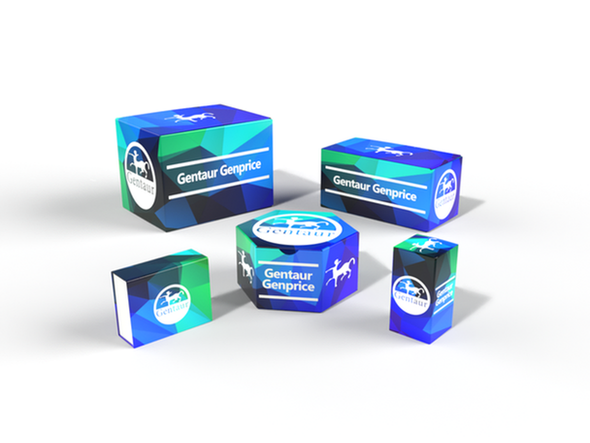BW
BPIFA1 polyclonal Antibody | BS60562
- SKU:
- BW-BS60562
- Availability:
- Usually ships in 5 working days
Description
BPIFA1 polyclonal Antibody | BS60562 | Gentaur UK, US & Europe Distribution
Host: Rabbit
Reactivity: Human,Rat
Application: WB
Application Range: WB: 1:500~1:1000
Background: The upper respiratory tract is the main place of entry for pathogens to invade the body, and early recognition of bacterial products in this region is crucial for host defense. Palate lung nasal epithelial clone PLUNC (or LUNX) is an airway specific secretory protein that is expressed in epithelial tissues and submucosal glands of the oral cavity and upper respiratory tract of humans, mice, rats and cows. PLUNC binds to lipopolysaccharide (LPS) in nasal lavage fluid (NLF) which points to its role in the inflammatory response of the upper airways after exposure to irritants. Decreased levels of PLUNC occur in the NLF of smokers and people who have been exposed to reactive epoxy chemicals, indicating that long-term exposure to airway irritants impairs the production of PLUNC in the upper respiratory tract. Abnormal expression of PLUNC may influence susceptibility to nasopharyngeal carcinoma in the Chinese population.
Storage & Stability: Store at 4°C short term. Aliquot and store at -20°C long term. Avoid freeze-thaw cycles.
Specificity: BPIFA1 polyclonal Antibody detects endogenous levels of BPIFA1 protein.
Molecular Weight: ~ 27 kDa
Note: For research use only, not for use in diagnostic procedure.
Alternative Names: BPI fold-containing family A member 1; Lung-specific protein X; Nasopharyngeal carcinoma-related protein; Palate lung and nasal epithelium clone protein; Secretory protein in upper respiratory tracts; Short PLUNC1; SPLUNC1; Tracheal epithelium-enriched protein; Von Ebner protein Hl; BPIFA1; LUNX; NASG; PLUNC; SPLUNC1; SPURT; UNQ787; PRO1606
Immunogen: A synthetic peptide corresponding to residues in Human BPIFA1
Conjugate: Unconjugated
Modification: Unmodification
Purification & Purity: The Antibody was affinity-purified from rabbit antiserum by affinity-chromatography using epitope-specific immunogen and the purity is > 95% (by SDS-PAGE) .
Pathway:










